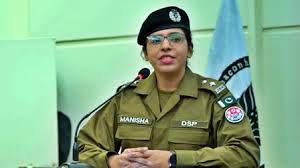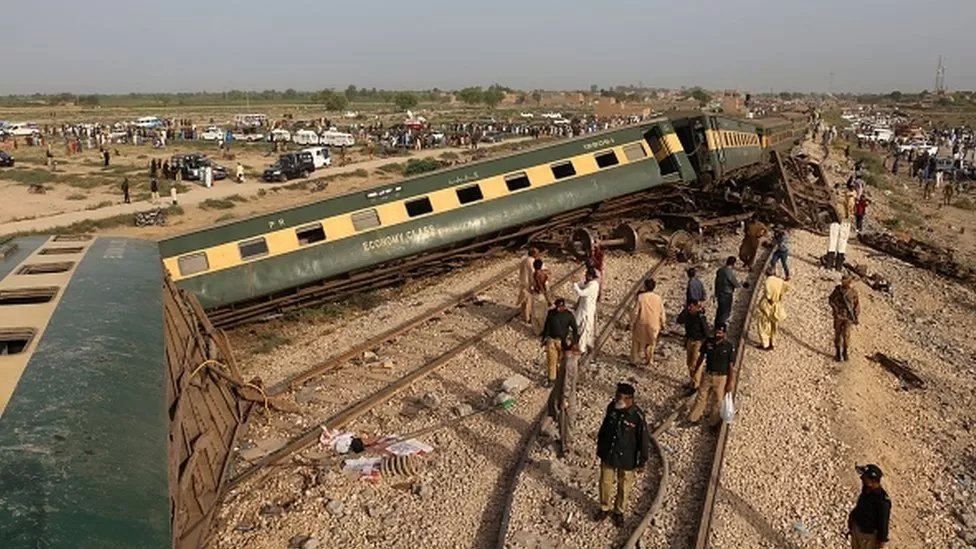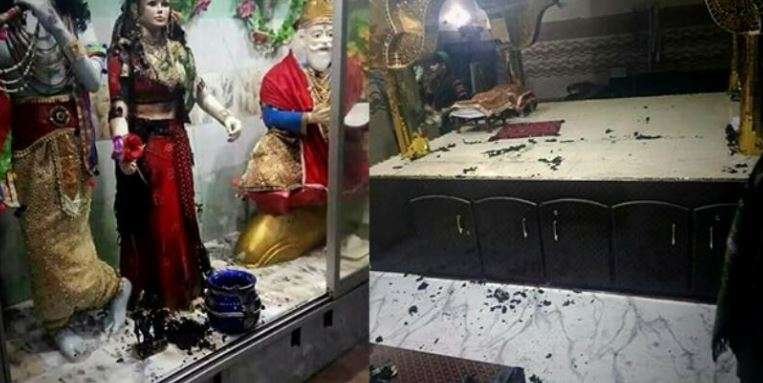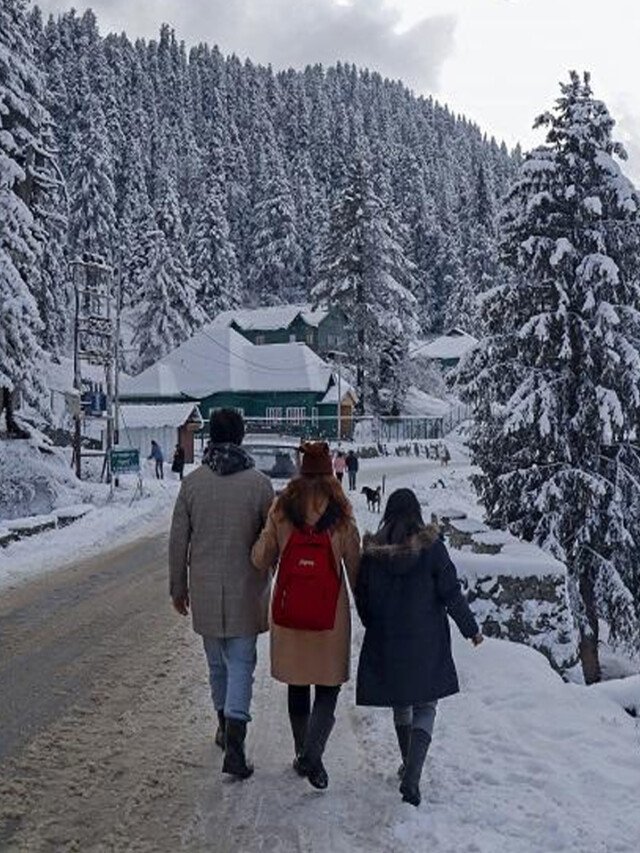Karachi, Sep 5 (PTI) Pakistani actress Nimra Khan suffered a near abduction ordeal last month while waiting for her car outside a hotel in Karachi’s posh Defence Housing area.
“Initially there were fingers pointed at me as well and many trivialised my incident in the media and social media platforms but the fact that DSP Manisha Ropeta handled my case helped me calm down and deal with the situation better,” she recalled.
Nimra said speaking with an educated female police officer made her realise she was right in speaking about the incident in public.
Nimra just didn’t speak with a female police officer; her case was handled by the first Hindu female officer in Sindh police, Ropeta, who has now spent two years on the force and become a name to reckon with.
Given the fact that there are very few educated female officers in Pakistani police, Ropeta stationed as Deputy Superintendent of Police (DSP) in the Defence area has already made a big difference to the image of the police force in Sindh province.
“It keeps me inspired and motivated that the reasons I joined the police force have turned out to be correct,” DSP Ropeta said.
“I have got respect and admiration from my fellow officers and those who I supervise purely on the basis of my work. In the end, there might be some gender issues but I don’t feel out of place nor does it count for anything that I am a Hindu woman. Even today when I put on my police uniform, it is a matter of pride for me and I hope girls in our community are inspired by my story to follow in my path,” she said.
In Pakistan police, there are two types of officer categories: the rankers who come through to higher positions on the basis of their experience, and those who get posted and promoted after clearing the Central Superior Services (CSS) examinations.
Ropeta, who belongs to Jacobabad, passed her Sindh Public Services Commission examination in 2021, a rarity at that time even for her progressive-minded middle-class family.
“We lost our father who was a trader in Jacobabad when I was 13 and since then our only brother has always encouraged and supported me to join the police force,” she recalled.
After her father’s death her mother took her children to Karachi where Ropeta failed to qualify for medicine, something her two sisters managed to do and are doctors now. “That was when my brother and mother supported me when I decided to take the Public Services Commission exams,” she said.
Ropeta said that her joining the police force was a big step as normally in the educated Hindu families in Sindh, girls are supposed to take up medical or teaching professions.
After completing her training at the police academy, Ropeta was posted in Karachi’s crime-infested Lyari area and that, she says, was her biggest learning curve on how to make a difference as a female police officer.
“It toughened me up as I came face to face with the many problems in society,” she said.
Ropeta has also been educating herself with criminology courses while on duty as she says, this helps her cope with understanding the psyche of victims and criminals better.
“Women and girls usually suffer a lot of marginalisation in our patriarchal-minded society and many of them remain silent due to fear of society, parents, or social media even when some crime is committed against them or they are harassed or face domestic abuse,” she said.
Ropeta admits that being a female police officer and that too from a minority community was initially a challenge but it has also helped her to communicate and help female victims of various crimes.
“When I handled Nimra’s case, I could sense the fear in her after her ordeal,” she recalled.
Ropeta, 28, has now spent two years on active duty in the Sindh Police and believes that there is a need for more gender equality in the force and also a dire need for more educated women to understand that there is no such thing as a women-friendly profession. PTI CORR SCY












